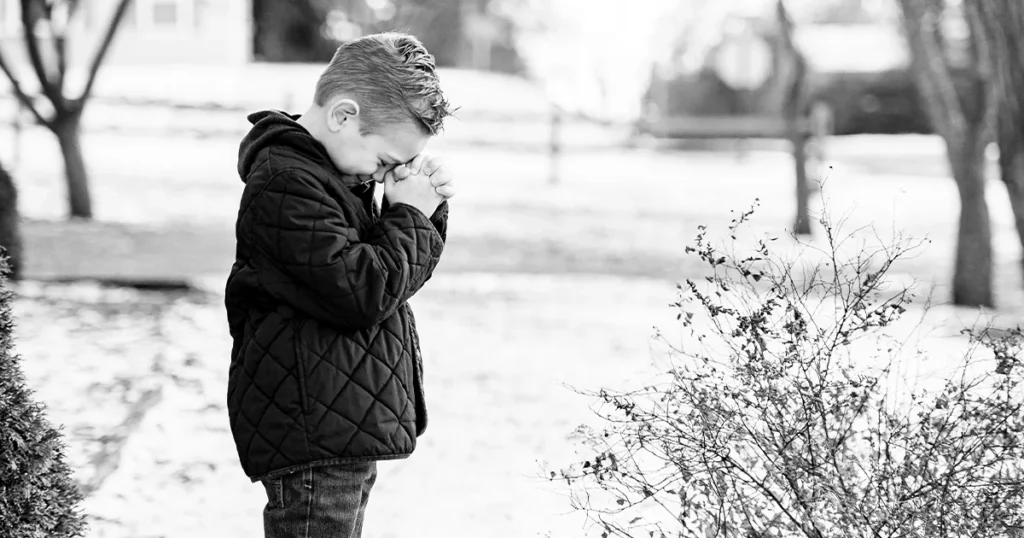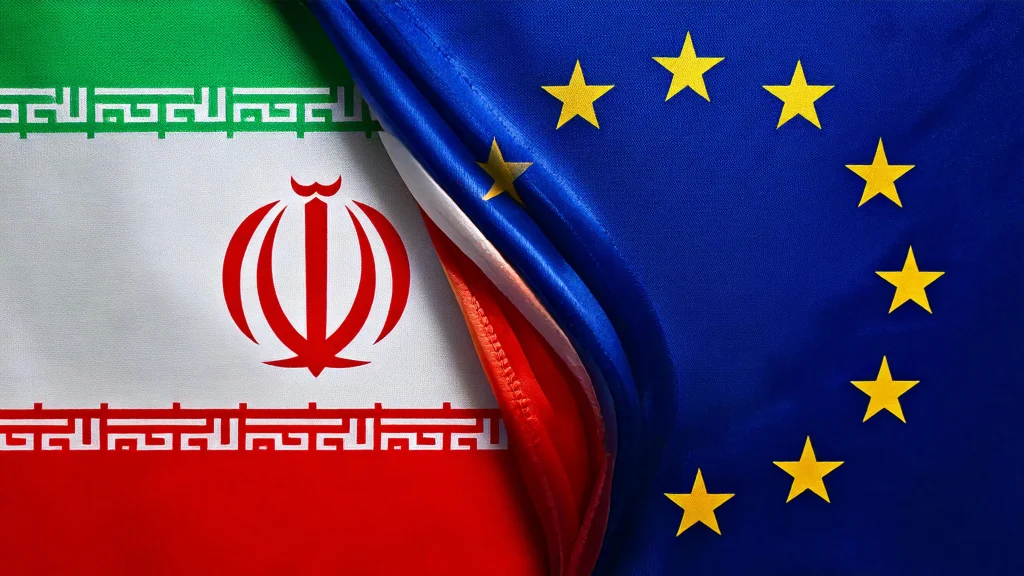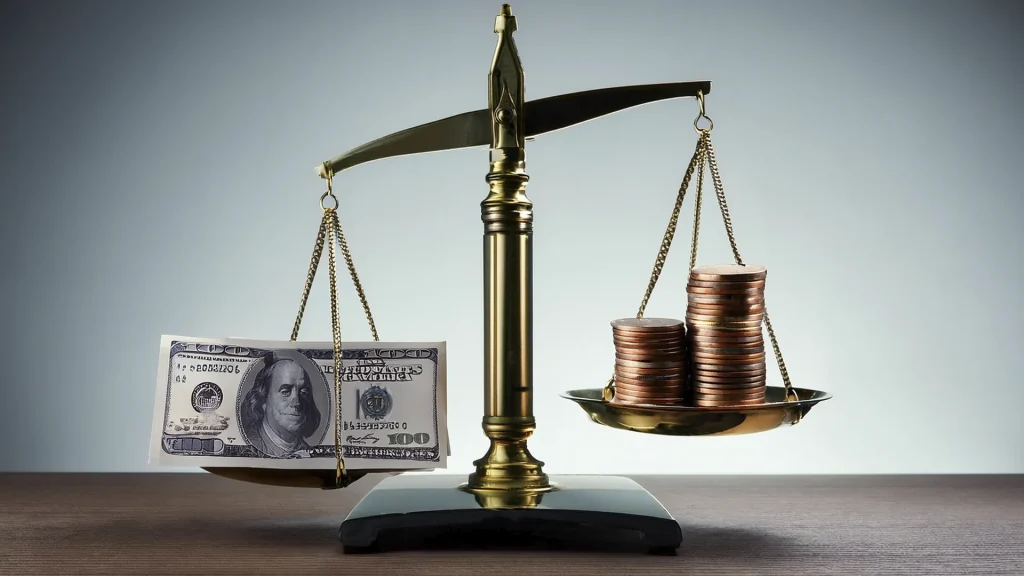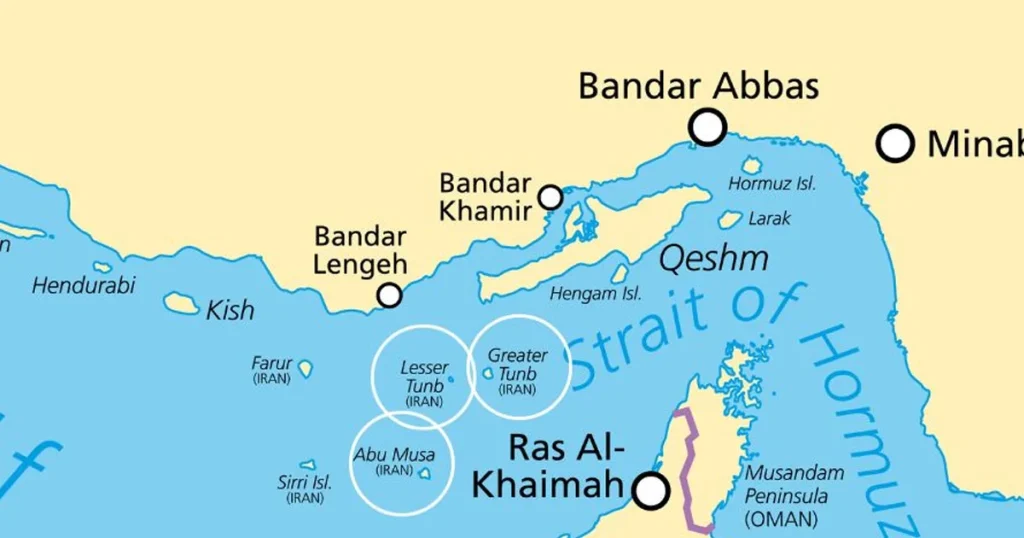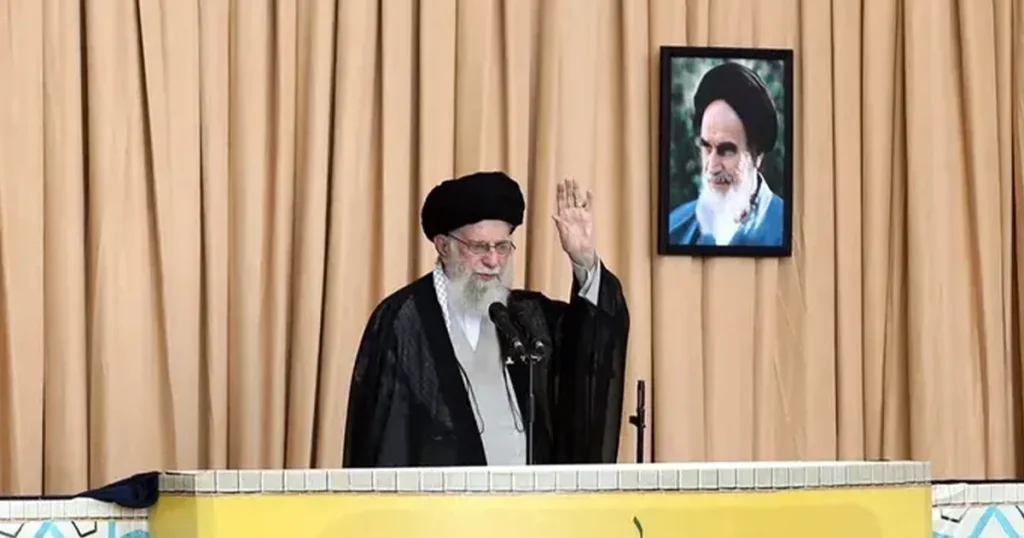“One had to be cautious about what they said in school, as their parents’ lives depended on it. It had become normal for my mother to rehearse many answers to questions that the school might ask about our parents. The wrong answer could be fateful. To think of bearing such a burden as a child and knowing that one’s parents’ lives depended on one’s words.”

Iran 1984. A terrible evening that changed our lives forever. My younger brother and I were playing carefree in the TV room while my heavily pregnant mother prepared dinner in the kitchen. Suddenly, the phone rang, and my mother’s face changed from joy to fear as she answered it. The words whispered on the other end plunged us into a nightmare I will never forget: “They have arrested your husband and are on their way to search your house. Hide anything that could be harmful!”
It was my father’s friend calling to warn us of the dreadful threat from the Islamic Republic’s henchmen the IRGC, which had cast its shadow over our happy home.
My mother was in a panic, and her despair affected us. As a nine-year-old boy, I suddenly realized that if I didn’t act, they would take my father away from us, forever.
My first instinct was to protect my father, so I looked around for something that could endanger us. My eyes fell on his beloved collection of whiskey and other alcoholic drinks. They had to disappear, I thought, and with trembling hands, I poured bottle after bottle down the sink. The spirits spread through the house; out of desperation, I started covering the house with insect spray to disguise the smell of alcohol.
But it wasn’t enough. I remembered his political poems mocking those in power, and I knew they could also be our downfall. I searched through his closet and found them hidden there. With tears in my eyes, I tore them to pieces and let them turn into ashes of the past.
I felt like a little soldier in a war that wasn’t ours but was still destroying our family. My next target was our Beta Max video and accompanying films; they had to go quickly as time was running out. Owning a video and films was illegal and punishable.
I packed them in a hurry and carried them down the stairs, running several blocks away from where we lived.
When I returned, I was no longer the same. The pain in my feet reminded me that I had run through the freezing winter cold without shoes. In all my haste and attempt to save my father’s life, I had forgotten to put on shoes. Fear had left a wound in my heart that I thought would never heal.
Moments later, our home was torn apart by the brutal authorities who did not consider my mother’s condition or our fragile age. Everything we had known and loved was destroyed, and our home now looked like a warzone.
But we were fortunate because my father survived, albeit with the risk of being captured again. It was here that we made a decision that would change our lives: we had to escape. We had to leave everything behind, our status, wealth, everything, to find freedom and hope elsewhere.
No one leaves their home for fun. We were not fleeing because of money but because we longed for freedom – freedom from fear, freedom from oppression, freedom to live a normal life without the constant threat of losing our loved ones.
So, the next time you want to deal with the IRGC remember these stories, mine is one among many.
